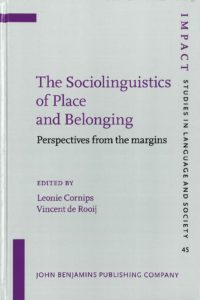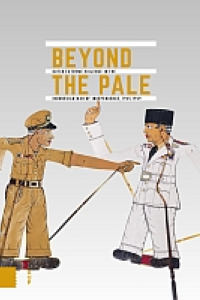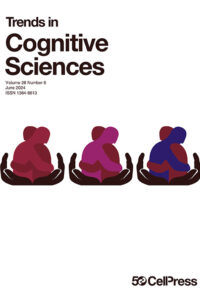In 1962, American novelist John Steinbeck published a memoir about traveling in a camper truck across the United States, accompanied by his dog Charley. Noticing the increasing availability of radio and television, Steinbeck mourned the loss of the regional speech differences he remembered from his youth:
“It seemed to me that regional speech is in the process of disappearing, not gone but going. Forty years of radio and twenty years of television must have this impact. Communications must destroy localness, by a slow, inevitable process.” (Steinbeck 1980: 106)
The sociolinguistic consequences of these historical developments have included dialect leveling and the formation of “new dialects” when sets of simplified, mixed, and leveled forms are no longer identified with the source varieties (Kerswill 2005), along with the emergence of multi-ethnic urban varieties in cities inculding London and Copenhagen (Cheshire, Kerswill, Fox & Torgersen 2011; Quist 2008). However, language continues to link people to places. In some cases, this is still because people’s unselfconscious vernacular gives away where they are from, but in other cases it is because people use bits of language as tools in claiming places and place-based identities for themelves.



